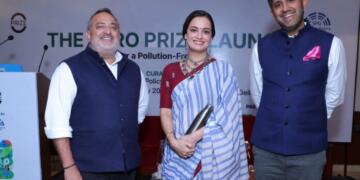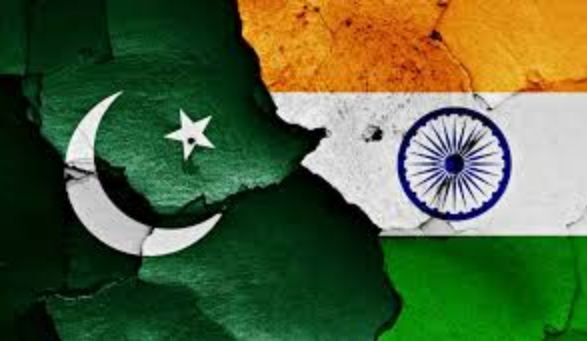Harassment of Indian diplomats shows why we can’t make peace with Pakistan
In the last one week, several instances of Indian diplomats being harassed in Pakistan have come to the fore. According to the official sources, the Indian High Commission has in its communication to the Pakistan foreign ministry mentioned two such incidents of harassment- one on 15th of March and the other on the 17th of March. This is the 12th verbale note sent by the Indian High Commission to the Pakistan foreign ministry bringing to light the serious issue of the harassment of Indian diplomats in Pakistan. On 15th March, yet another diplomat and his family were harassed when two men followed them aggressively on a motorbike.
However, the practice of harassing Indian diplomats in Pakistan is nothing new. It has been a persistent issue showing the level of hatred against India in Pakistan. Shockingly, it is not only the diplomats who face such harassment but their families too. Even their school-going children aren’t spared. Some of the common means of harassment are ringing doorbells at odd hours, obscene phone calls, aggressive behavior and car chases. There have also been cases of cutting water and power supplies. This suggests that it is not only the Pakistani public that is guilty of unruly behavior, but the establishment is also deeply involved in such ugly acts. According to Vishnu Prakash, a retired diplomat, Indian diplomats are used to such harassment in Pakistan. He elaborated in an interview that this is how the ISI spies on the diplomats. He said that he always had ISI agents following him closely and even if he went to a doctor, they would sit outside and listen.
The harassment of diplomats is not simply a manifestation of a deep-rooted hatred for Indians in Pakistan, but a well thought out strategy to spy on Indian diplomats. The active involvement of the Pakistani establishment in this harassment is no longer a secret.
It must be understood that there are certain prerequisites to the initiation of peace talks. The activities of the Pakistani public and establishment are certainly not creating the appropriate atmosphere to initiate peace talks. We cannot have a situation where the government offers to hold peace talks with a hostile neighbor, while it continues to harass our diplomats and other dignitaries, in what is a blatant violation of established international practice.
Diplomats in any country always command great respect, and their immunity has also been recognized in International Law. The way Pakistan has neglected these set principles and practices clearly shows that it is in no mood to make peace with India. How can we think of a diplomatic solution to the Indo-Pak dispute when Pakistan is not ready to give appropriate and just treatment to our diplomats? Diplomats are the harbingers of any political solution to an interstate dispute.
Maltreatment of Indian diplomats has virtually ruled out the possibility of any political situation. This might just prove to be the final nail in the coffin as far as even any remote possibly of India initiating peace talks with Pakistan is concerned. The Modi Government has already been lukewarm towards continuing peace talks with Pakistan. In face of continued hostilities with the terrorist state, the Modi Government was never been under an obligation to answer to the peaceniks and Pakistan sympathizers within India. However, the current dispensation has now got another concrete reason to reject any proposal for peace talks.

























